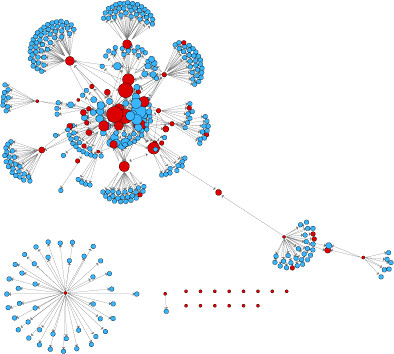
Today, I attended a keynote address by Richard Beecroft Allan, Baron Allan of Hallam, the Director of Policy in Europe of Facebook. One of the interesting things that Lord Allan mentioned, at least for me, was that businesses can target the right demographic on Facebook with their advertisements, however Facebook, as stated in their Policy, does not share any user details with the businesses. All Facebook guarantees is that the ad is displayed to that particular demographic.
I like the concept of 'Social Networks', however I still think it is not being done right. It currently feels as it may have felt when users had to deal with one of those earlier models of mobile phones. Bulky, Unintuitive and Cumbersome. There are lots of little issues to iron out and opportunities to improve. The 'iPhone' of the Social Networks has yet to arrive.
Conversations do not happen in the real world through 'Status Updates'. Conversations in real life are much smoother, subtle and enjoyable. I guess Status Updates are the outcome of the complexities and limitations of the keyboard technology. Expression through touching the screens or pressing keys on the keyboard is an outcome of the limitations of the digital world.
Social interactions are full of emotions, tones of voices, expressions of the face and movement of the eyes and bodies partly. The concept of 'Circles' and 'Lists' are all so digital and sound like products of technical brains too.
Oh well, we at least have a place to share our photos and limit the emotions to 'Like' or '+1' for the benefit of Facebook or Google.


